Inside Wroxton’s automotive archive centre
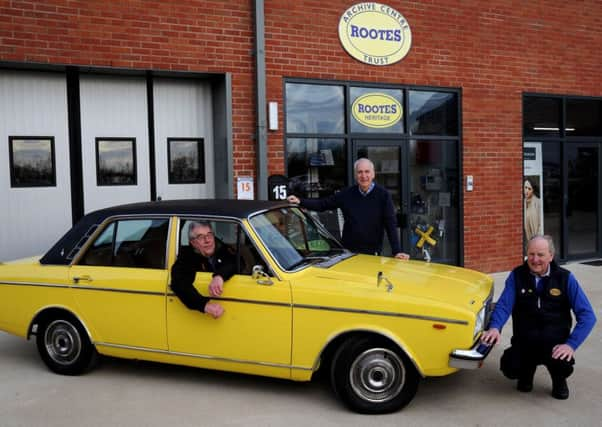

Since 2010 a small group of passionate volunteers at the Rootes Archive Centre Trust (RACT) in Apollo Park, Wroxton, have been documenting thousands of hand drawn engineering plans, microfiche records, photographs and Rootes company documentation after saving them from certain destruction in 2002.
For those not familiar with the Rootes Group, the makes and models produced under its wing during its heyday in the 1950s and 60s will be; the Hillman, including the Imp, Humber, Sunbeam and Talbot.
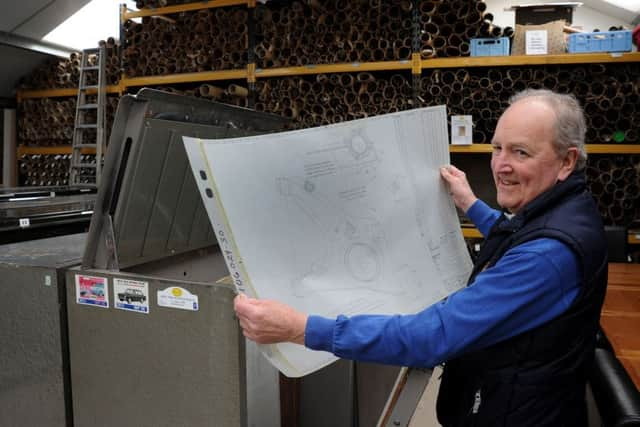

Advertisement
Hide AdAdvertisement
Hide AdThe Marque wound up in the hands of Peugeot who, in 2002, were set to clear a warehouse including almost all and every engineering blueprint for the vast majority of Rootes cars. The Association of Rootes Car Clubs (ARCC)stepped in and two years later the RACT was formed to unearth the significance of what they had saved.
Andy Bye, an RACT trustee, said: “When they got it they didn’t really know what they’d got. Luckily they took it, an arctic load and took it to a warehouse to store it. I don’t really think they had a full thought process of what to do. That was before our time.”
In all they estimate that there are some 300,000 documents, some already neatly organised in cabinets weighing 400kg each but many lay, yet to be discovered, in storage tubes waiting to be documented and indexed .
James Spencer, RACT trustee, said: “I’ll take a tube full of drawings, give them a number in our system.
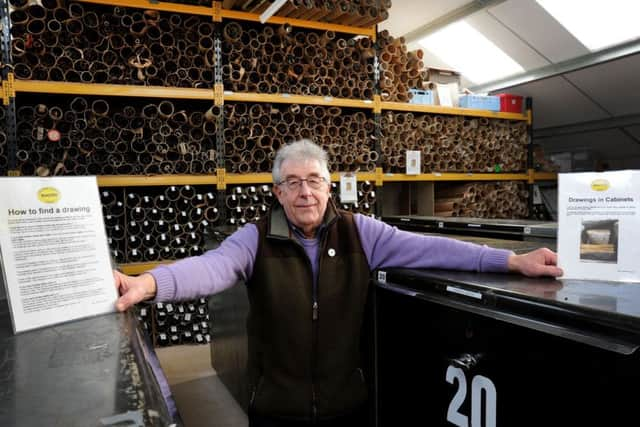

Advertisement
Hide AdAdvertisement
Hide Ad“Extract all the drawings from the tube. Take all the information from it, the drawing number, what component it is, who drew it, what car it is for, when it was drawn, all tat goes on a spread sheet. The tubes are numbered so we can find it again.”
So far James has completed indexing 6,000 blueprints with an estimates 12,000 still to go which James doubts will be completed within his lifetime.
The level of detail both on each individually hand drawn engineering blueprint and the amount of component parts that have had their measurements meticulously detailed is staggering and actually include drawings of individual rivets.
The trustees main aim is to make the archive as accessible to the public as possible and, like most classic car Marques, cars produced under the Rootes Group banner have a loyal following both here and in the United States, in part due to Chrysler’s involvement with the company beginning in the 1960s.
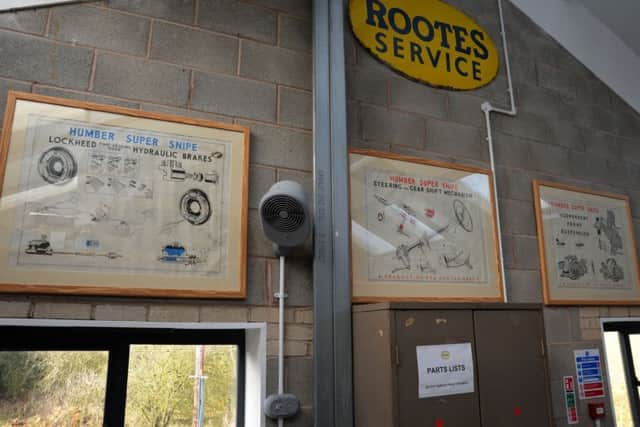

Advertisement
Hide AdAdvertisement
Hide AdUntil now parts for Rootes vehicles had mostly been manufactured by reverse engineering existing components but this method has its drawbacks.
James said: “If someone wants to remanufacture a part, if they have the original drawing and the original specification they can’t really go wrong. It’s vital for Rootes cars that this is retained.”
Andy added: “This is a Hillman Imp water pump, its made exactly to the original design but with modern day engineering, its got modern bearings in it to make it more reliable but it’s dimensionally exactly how it should be. Not someone engineering it from a worn part and building in the errors.”
The reaction to the Trusts work has been enthusiastically received and as word gets out and more documents are indexed the importance of this archive increases.
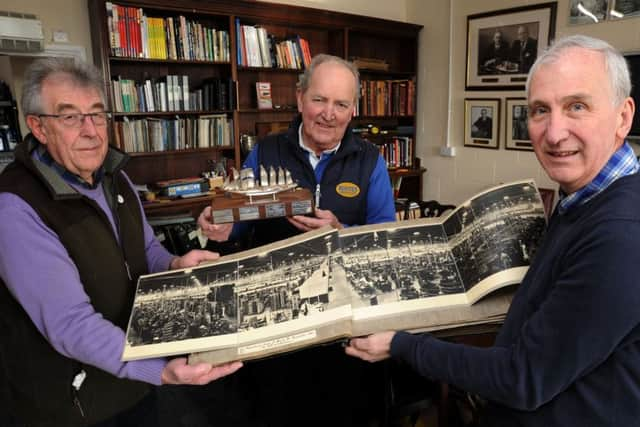

Advertisement
Hide AdAdvertisement
Hide AdFor now, however, there is still a lot of work to be done but it is a labour of passion for the trustees.
Andy said: “I’m blown away by most of the stuff we are finding.”
With the hundreds of thousands of Rootes documents now safe, the small team of trustees can look at both short and long term goals for the Wroxton headquarters.
Nick Harrison, chairman of the trust, said: “It would be nice to get youngsters and teenagers here as an educational centre, that’s our aim.”
Advertisement
Hide AdAdvertisement
Hide AdTrustee Andy Bye added: “We have had conversations with Bicester. The Federation of Historic Vehicles have got an apprenticeship scheme running. We’ve talked to them about bringing their students over here to understand how parts were designed originally.”
The most pressing concern is to index the thousands of remaining blueprints and documents.
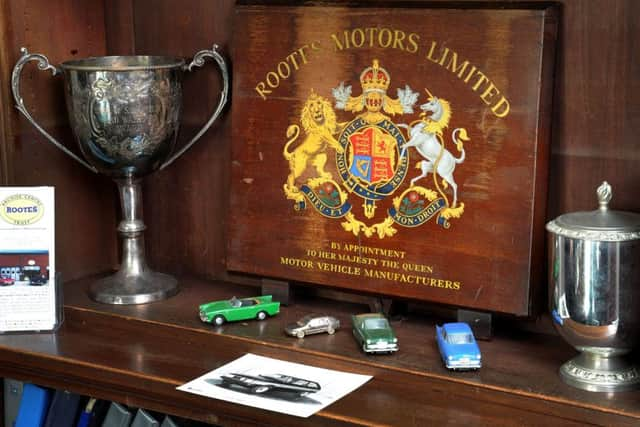

One unexpected avenue the formation of the Rootes Archive Centre Trust has taken is documenting the social history of the company.
The Coventry plant employed thousands of people and was more a community than a place of work, even having its own men’s choir.
Advertisement
Hide AdAdvertisement
Hide AdAndy said: “That’s what we’re trying to build on now is the social history.”
Nick said: “We’ve got a lot of photographs but they’re not labelled and that’s the problem. People come in with their grandads’ photographs asking, can you name these people. It was part of the community in Coventry and this area and all around.”
The trust recently had a donation of a collection of old photographs depicting the construction of Spitfire engines at the plant. James Spencer, trustee said: “These would have all gone. If this place didn’t exist the donor wouldn’t have know what to do with them.”
In order to achieve all this the centre welcomes any volunteers to help with indexing or with the three events they will hold later in the year. For more information and how to get in touch with the trust, visit www.rootesarchive.org.